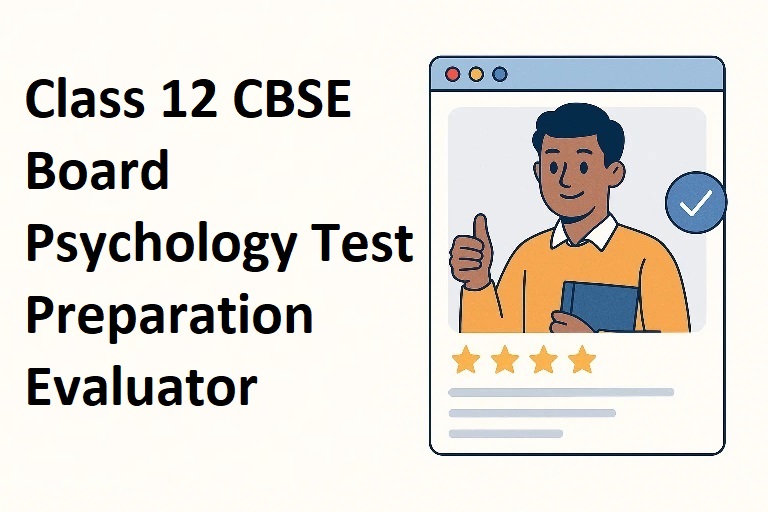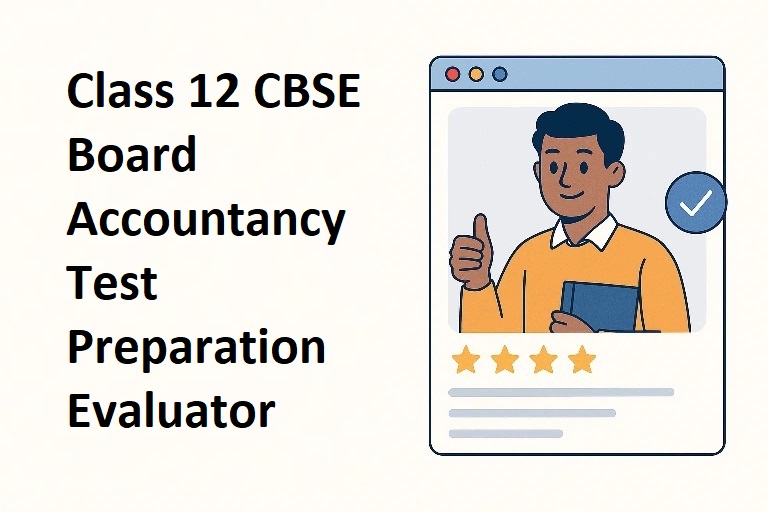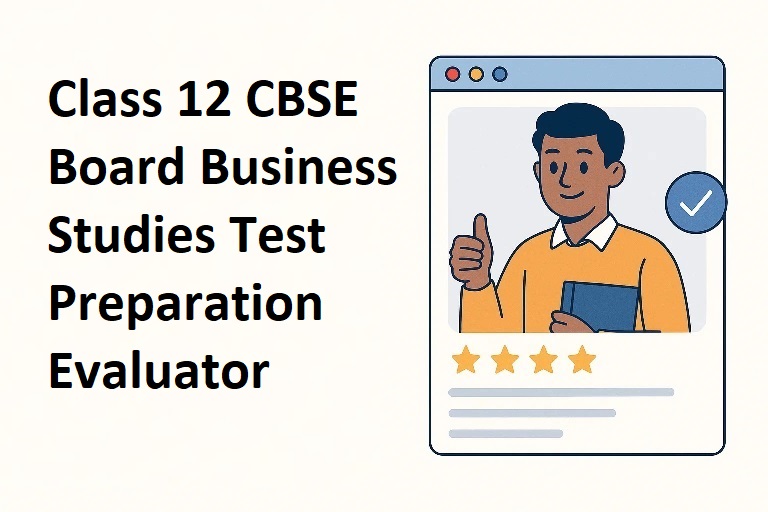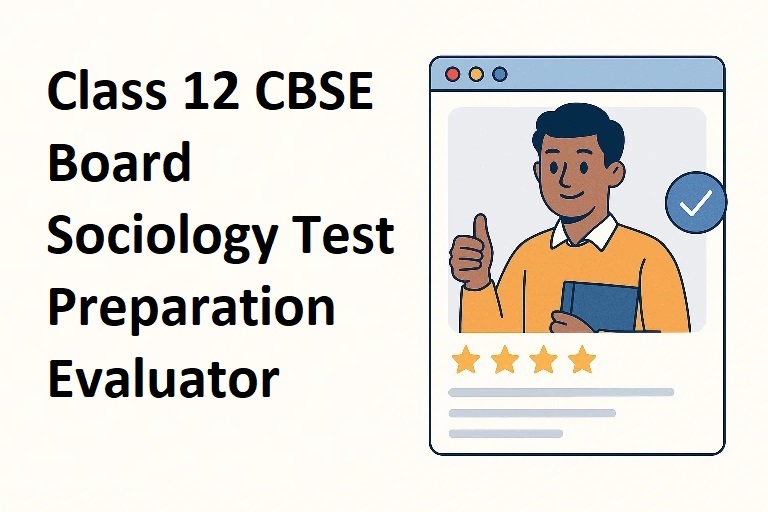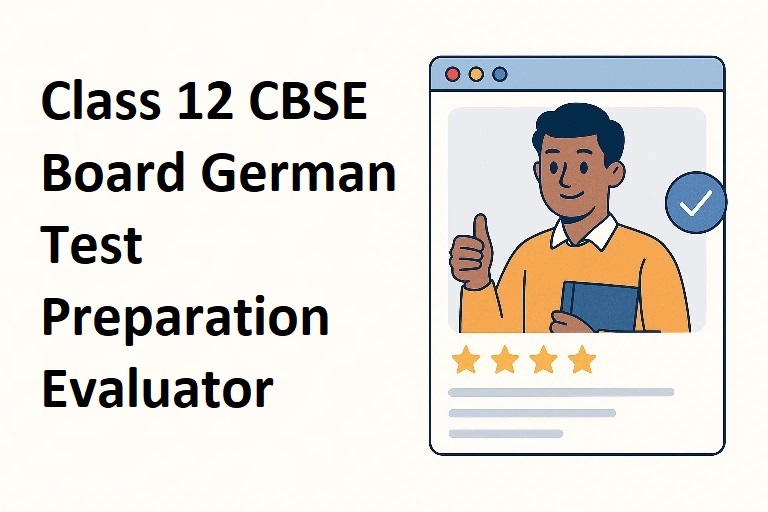Class 3 is an important stage in your child’s learning journey. Concepts become more detailed, subjects become broader, and children start building strong foundations in Maths, English, EVS, Science, and overall study habits. At this stage, the right guidance can make a big difference. IndiaTutor.in helps parents easily find experienced and trusted Class 3 tutors who provide personalized attention and make learning simple, clear, and enjoyable.
Right below this section, you will find our Featured Tutors so you can quickly browse, compare, and connect with the best teachers without scrolling too much. Each tutor profile includes qualifications, experience, subjects taught, teaching style, and contact details, making it easy for you to choose the right match for your child.
Featured Tutors

Online Tuition Classes 1 to 6 by Nidhi Mehta

Online English Tuition Classes 1 to 8 by Ginni Goel

Online Tuition Classes 1 to 7 by Sonal Choudhary

Online Tuition Classes 1 to 5 by Swapna K Bhalke

Home Tuition Classes 1 to 8 in Kolkata by Debarati Saha

Online French Tuition Classes 3 to 8 by Ritika Chawla

Online Kannada Tuition Classes 1 to 12 by A C Geetha

Online Mathematics Tuition Classes 1 to 10 by Nandini Pusalkar

Online Science Tuition Classes 1 to 8 by Antara Mukherjee
Why Class 3 Tuition Matters More Than You Think
By Class 3, children move from basic learning to structured academic concepts. Maths introduces multiplication, division, word problems, and mental calculations. English focuses on grammar, comprehension, and writing skills. EVS and Science require understanding rather than memorizing.
Many children struggle silently or lose confidence if concepts are not clear. A dedicated tutor can:
Strengthen basics in Maths, English, and EVS
Improve reading, writing, and communication skills
Build confidence and independent learning habits
Provide homework help and exam preparation
Give one-on-one attention that schools often cannot
Early support ensures your child stays ahead instead of catching up later.
Choose from Verified and Experienced Class 3 Tutors
IndiaTutor.in connects parents with qualified home tutors and online tutors across India and abroad. Every tutor listed on our platform creates a detailed profile so you can make an informed decision.
What you can check before contacting a tutor
Teaching experience and qualifications
Subjects and boards covered (CBSE, ICSE, State Boards, IGCSE)
Online or home tuition availability
Fees and preferred timings
Reviews and teaching approach
This transparency saves time and helps you find the right tutor faster.
Online and Home Tuition Options for Complete Flexibility
Every family has different needs. Some parents prefer home tuition for face-to-face support, while others choose online classes for convenience and safety. IndiaTutor.in offers both options.
Online tuition benefits
Learn from the comfort of home
Access the best tutors from any city
Flexible timings and recorded sessions
Ideal for busy parents and working families
Home tuition benefits
Personal attention and supervision
Strong student–teacher connection
Better focus with fewer distractions
You can choose what suits your child’s learning style and schedule.
Simple Process to Hire a Class 3 Tutor
Finding a tutor on IndiaTutor.in is quick and hassle-free.
Step 1: Browse featured tutors listed below
Step 2: Compare profiles and experience
Step 3: Contact tutors directly
Step 4: Discuss fees, timings, and trial classes
Step 5: Start classes with confidence
There are no complicated steps or delays. You connect directly with tutors and finalize everything easily.
Personalized Learning for Better Results
Every child learns differently. Some need more practice, some need concept clarity, and others need motivation. A good Class 3 tutor customizes lessons based on your child’s strengths and weaknesses.
Tutors on IndiaTutor.in focus on:
Concept-based teaching instead of rote learning
Worksheets, quizzes, and interactive activities
Regular feedback to parents
Exam preparation and revision plans
Fun and engaging learning methods
This personalized approach helps children enjoy studies and perform better in school.
Safe, Trusted, and Parent-Friendly Platform
IndiaTutor.in is designed keeping parents in mind. Our goal is to make tutor search easy, reliable, and stress-free. Instead of browsing multiple websites or asking for references, you get everything in one place.
With genuine tutor profiles and direct communication, you stay in control of choosing the right teacher for your child.
Start Your Search Today
The right tutor can transform your child’s academic journey. Explore the Featured Tutors listed below and connect with experienced Class 3 teachers today. Give your child the support they need to build strong foundations, gain confidence, and succeed in school.






